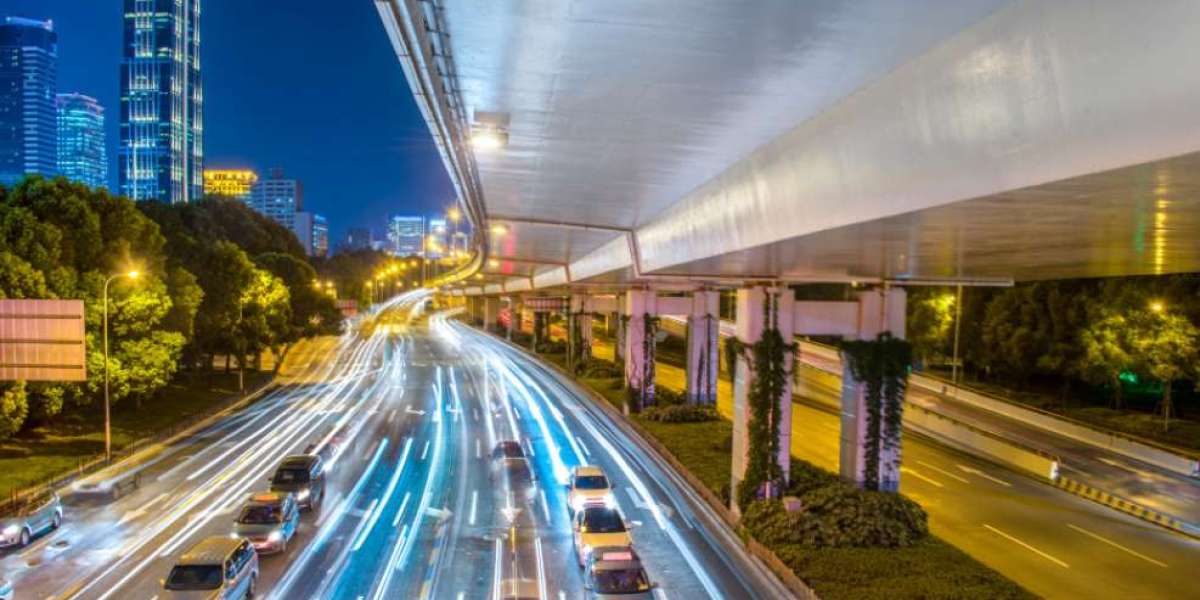The Growing Importance of PPP in India's Infrastructure Development
India’s rapid urbanization and economic expansion demand robust infrastructure to support mobility, housing, and industrial growth. Public-Private Partnerships (PPP) have emerged as a transformative model, driving large-scale infrastructure projects by combining public oversight with private sector efficiency and innovation.
These partnerships are reshaping urban landscapes, enhancing connectivity, and ensuring sustainable growth. The MaaS Event serves as a key platform to discuss and promote the role of PPP in revolutionizing transportation and smart infrastructure development across India.
How PPPs Are Transforming Urban Infrastructure
The PPP model has been instrumental in executing metro rail, highways, airports, and smart city projects across India. With private sector investments bringing in advanced technology and operational expertise, public authorities can focus on policy frameworks and governance. This collaboration has significantly improved the pace and quality of project execution, ensuring that infrastructure meets global standards.
Metro rail projects, such as those in Delhi, Mumbai, and Bangalore, are prime examples of successful PPP ventures. These projects have not only improved urban mobility but also reduced traffic congestion and pollution, contributing to a cleaner and more efficient transportation system. Similarly, expressways and highways, including the Mumbai-Pune Expressway and Delhi-Meerut Expressway, have leveraged PPP models to enhance road connectivity and boost regional economic activities.
The Role of PPP in Advancing Smart Cities
The Indian government’s Smart Cities Mission has further highlighted the importance of PPP in developing technologically advanced and sustainable urban centers. Smart city initiatives focus on digitized infrastructure, intelligent traffic management, efficient waste disposal, and eco-friendly energy solutions. Private sector involvement ensures the implementation of cutting-edge technologies, while public authorities provide regulatory support and long-term vision.
PPP projects in smart cities have introduced intelligent transport systems, real-time traffic monitoring, and IoT-based solutions that enhance urban mobility. The integration of smart parking systems, electric vehicle charging stations, and digital payment platforms has transformed the way people navigate cities, making daily commuting more convenient and sustainable.
Challenges and Opportunities in PPP-Driven Infrastructure Growth
While the PPP model offers numerous benefits, it also presents challenges such as project delays, financial risks, and regulatory complexities. Ensuring a balanced risk-sharing mechanism between public and private entities is crucial for the success of these partnerships. Transparent policies, streamlined approval processes, and financial incentives can encourage more private investments in infrastructure development.
Moreover, as India continues to expand its urban landscape, innovative financing models, including hybrid annuity mechanisms and viability gap funding, are being explored to enhance the effectiveness of PPP projects. The MaaS Event plays a crucial role in addressing these challenges by bringing together industry leaders, policymakers, and investors to discuss best practices, emerging trends, and the future of urban infrastructure.
Future Prospects: The Road Ahead for PPP in India
The future of PPP in India looks promising, with an increasing number of projects in transportation, renewable energy, and urban development. The government’s emphasis on infrastructure as a growth driver, combined with advancements in technology and sustainable practices, will further strengthen the PPP ecosystem.
As cities embrace smart mobility solutions and digital transformation, collaborations between the public and private sectors will be key to building resilient and future-ready infrastructure. The MaaS Event continues to serve as a vital platform for fostering partnerships, exploring investment opportunities, and shaping the next phase of India’s infrastructure growth.
Conclusion
Public-Private Partnerships (PPP) are reshaping India’s infrastructure landscape by leveraging innovation, investment, and efficiency. From metro rail and expressways to smart cities and green energy initiatives, these collaborations are driving sustainable growth and improving urban mobility. As the country moves towards a more connected and technology-driven future, platforms like the MaaS Event will remain instrumental in shaping the next wave of infrastructure advancements.








